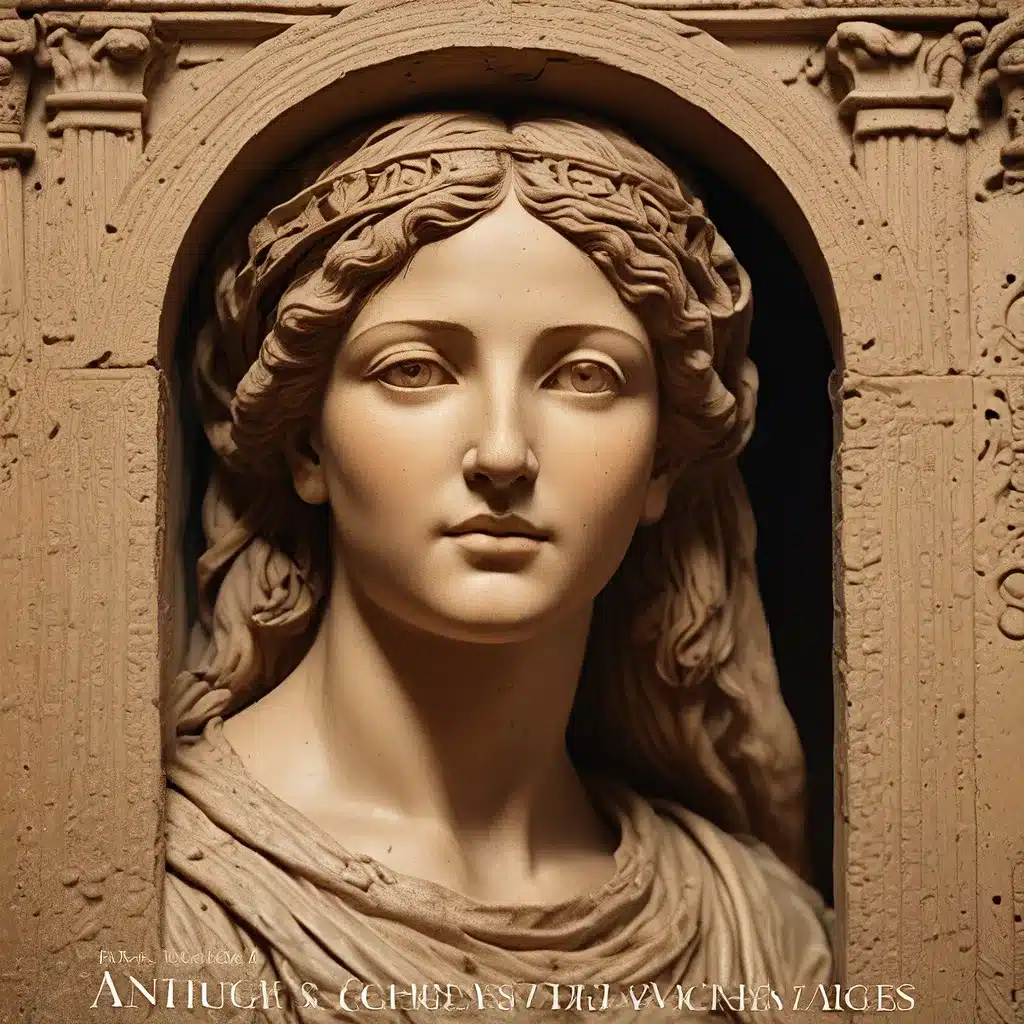
Across the vast expanse of human history, ancient civilizations have left an indelible mark, their legacies reverberating through the ages. From the majestic ruins of lost empires to the whispers of forgotten mythologies, these echoes of antiquity continue to captivate and inspire scholars, artists, and enthusiasts alike. In this comprehensive exploration, we delve into the enduring influence of the Classics, unraveling the intricate tapestry of Classical Reception and the ways in which modern expressions have been shaped by the echoes of the past.
Unlocking the Secrets of Classical Reception
The field of Classical Reception has emerged as a dynamic and multifaceted discipline, examining the myriad ways in which the Classics – the cultural, literary, and artistic achievements of ancient Greece and Rome – have resonated throughout history. As Professor Claire Catenaccio of Georgetown University explains, this subfield of Classics explores “everything inspired by the Classics” – from literature and drama to music, philosophy, and beyond.
One of the key insights that has emerged from the study of Classical Reception is the recognition that the relationship between ancient and modern works is not one of simple imitation or replication. Rather, as Catenaccio notes, contemporary artists and scholars engage with the Classics in a dynamic and often transformative manner, “renegotiating” the ideas and themes of antiquity to address the concerns and perspectives of their own time.
Shakespeare’s Julius Caesar: A Timeless Reverberation
A prime example of this dynamic interplay can be seen in the enduring influence of William Shakespeare’s 1599 play, Julius Caesar. While the play is based on the historical account of Caesar’s life as recorded by the ancient Greek historian Plutarch, Shakespeare’s interpretation and dramatization of these events have had a profound impact on our understanding of the Roman leader and the political turmoil of the ancient world.
As Catenaccio observes, earlier scholars may have viewed Shakespeare’s version as a “devolution from the original,” seeing it as a diluted or inaccurate representation of the historical facts. However, modern scholars have come to recognize the value and importance of these works of reception in their own right, understanding them as “cultural currency” that offer unique insights and perspectives on the legacy of the Classics.
Embracing the Digital Age: Classics in the 21st Century
The influence of the Classics has continued to evolve, adapting to the rapidly changing digital landscape of the 21st century. From the viral spread of memes referencing ancient mythology and history to the emergence of fan fiction exploring the stories of the past, the Classics have found new and innovative channels of expression.
As Catenaccio notes, this digital age has opened up the Classics to a broader audience, with “anything that gets people in the door” being a positive development. The widespread availability of information and the ability to engage with the Classics through social media and online platforms have democratized access to this rich cultural heritage, fostering a greater appreciation and understanding among the general public.
Exploring the Resonance of Ancient Civilizations
Beyond the realm of Classical Reception, the echoes of antiquity continue to reverberate through our understanding of the past. Recent archaeological discoveries and the ongoing study of ancient civilizations have shed new light on the complexities and nuances of these long-lost cultures, challenging our preconceptions and inspiring new theories and perspectives.
One intriguing example can be found in the Greco-Buddhist cultural exchanges that occurred during the Hellenistic period, as evidenced by the fascinating cross-pollination of ideas and artistic influences between the Greek and Buddhist worlds. These intersections of ancient civilizations not only broaden our understanding of the past but also serve as a testament to the interconnectedness of human societies throughout history.
Embracing the Allure of Antiquity
The enduring appeal of the ancient world is not merely academic; it is a deep, visceral connection that transcends time and space. As eloquently expressed in a poetic ode, the “intoxicating tapestry” of ancient civilizations continues to captivate the human spirit, evoking a sense of timeless elegance and profound mystery.
From the grandeur of lost empires to the whispers of forgotten myths, the echoes of antiquity resonate with a power that continues to inspire and transform our understanding of the world. By embracing the rich tapestry of Classical Reception and the ongoing exploration of ancient civilizations, we can unlock the secrets of the past and gain a deeper appreciation for the enduring legacies that shape our present and future.
Join us on a journey through the echoes of antiquity, as we unravel the mysteries and marvels of the past, illuminating the vibrant and ever-evolving relationship between the Classics and the modern world.


